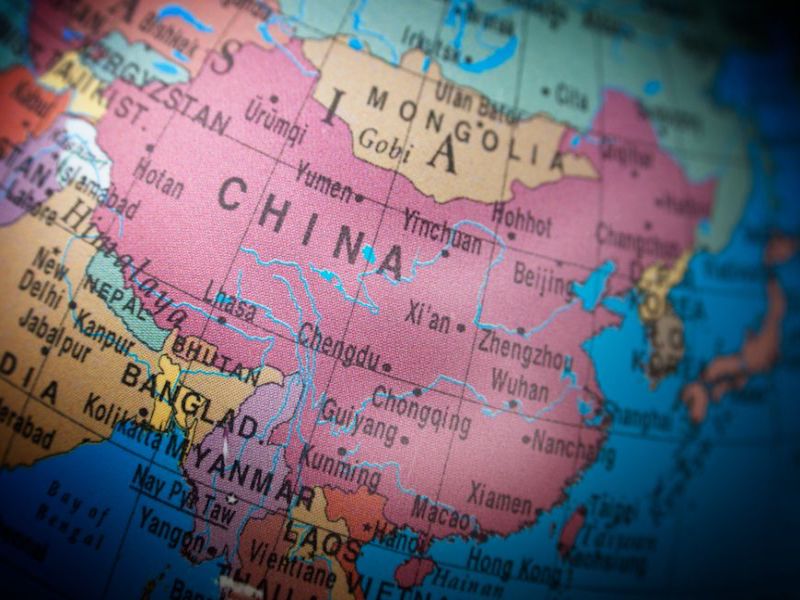
I am optimistic about China’s medium-term economic prospects, within the context of gradually slower year-over-year growth rates. This optimism is based largely on the continuing evolution of government policy designed to embrace private enterprise and markets. My biggest concern is that there has been little parallel evolution in China’s governance and institutions.
China’s economy and society increasingly are based on property rights, yet the country lacks the rule of law, which is needed to effectively protect these property rights and ensure a fair, rules-based commercial environment.
This is already the source of many problems. Corruption, weakness in industries dependent on intellectual property rights and the widespread theft of land from farmers—the main cause of protests across the country—are all consequences of the lack of rule of law.
In the near term, China can thrive, as people find ways to navigate corruption and the opaque system, and as the Chinese Communist Party works to reduce interference in the legal system by local officials. But as the pace of economic growth inevitably slows over the coming decades, China’s unique form of authoritarian capitalism is unlikely to provide the necessary institutional support for a modern, market-based society.
There are, at this moment, no signs that the party is preparing to establish the rule of law. The party appears to want to continue to use the legal system to exercise its political control over the population, rather than to move toward a system that is designed primarily to protect the rights of individuals by limiting the government’s power.
We do need to acknowledge, however, that back in the mid-1980s, when I first worked in China, it was not apparent that the party was prepared to significantly relax its control over people’s daily lives. But, a decade later, it stopped telling citizens where to live and what to farm. In the mid-1990s, we did not expect the party to dramatically shrink the state sector and pave the way for private firms to become the engine of growth. Private home ownership was not on the horizon. Today, most urban Chinese work for private companies and own their homes.
During the past two decades, the party has evolved in many ways. It has taken a path that is unique among authoritarian regimes: relaxing day-to-day control over people’s lives and commercial activities while strengthening its control over the political and legal systems. This is a key reason the Chinese Communist Party has outlived other authoritarian regimes. Constant, pragmatic reform of economic policy is also why GDP growth averaged 10 per cent for more than three decades before cooling to an average of seven per cent over the past seven years.
Establishing the rule of law would require the party to take another major step: to cede to its citizens some of its control over the political and legal systems.
Failure to take this step is not a short-term risk for investors, but I believe it will be key to China’s economic prospects over the next 10 to 20 years.
